When I was diagnosed with breast cancer, I was told, "Oh, that's the good kind of cancer to get! There's so much research out there for breast cancer so you don't have anything to worry about."
When I was diagnosed with bone mets, I was told, "Oh, that's the good kind of mets to get! Bone mets don't kill you."
There is nothing good about having a lump. There's nothing good about having breast cancer. There's nothing good about having bone mets. They're all awful.
1. There is no correlation between a painful or painless lump and breast cancer. While it is true that most breast cancers present without pain, it's also true that about 15% of patients do present with pain ... roughly 35,000 patients in the US alone each year. Please do not dismiss those women and their pain by quoting a myth. Any breast lump should be investigated within a reasonable time period, based on a woman's menstrual cycle or based on what is normal for the person with the lump.
2. There is no kind of good cancer. Yes, there's been a lot of research put into breast cancer, but the same number of women (and men) are dying each year as they were decades ago. There has been little change in that statistic ... and there is nothing good about that statistic. We lose about 40,000 each year in the US alone ... and that is unacceptable. We also have absolutely no way to know who is going to have recurrence in the future or not ... so we ask patients to gamble and to hope and to hold their breaths because there's nothing else that can be done at this point in time.
3. Bone mets. Ah. No, direct bone mets won't kill you, but they can make your life absolutely miserable. My legs are weakening and I have had to start looking at walker/wheelchair combo devices. I'm in more pain more frequently. Bone mets can also make it more likely to get bone marrow metastases. Your bone marrow is responsible for blood and platelet production. Having low hemoglobin, low hematocrit and low platelets can make it challenging for one to breathe and makes the heart work harder to circulate the poorer blood throughout your body.
So I'm one of the lucky ones. I got the "good kind" of breast lump ... a painful one ... that resulted in the "good kind" of cancer ... breast cancer ... which metastasized first to the "good kind" of mets ... bone mets ... which has now infiltrated my bone marrow.
Tell me again, when am I supposed to start having a good time?
I'm posting this the morning I am getting my first power port inserted. Yes, after four years of living with cancer, I've not had a port. Because I had my primary chemo prior to surgery, both arms could be used and since that time, I've been on oral treatments only.
Until now. I am now on IV chemotherapy and all treatments after this will be either solo IV drugs or drug combinations with oral treatments. It is extremely unlikely that I will ever be only on an oral regime alone.
It's a scary place to be. I have to remember that plenty of women have been on IV chemos for long periods of stability and/or regression. I hope I'm one of them.
In the meantime, I won't say that anything about this disease is good. I will say that my life is good because I'm still here. In the big picture, I can say, "It's all good," but I will never say that the close-up view of having cancer is good.
I hope that makes sense.
See you post-op.
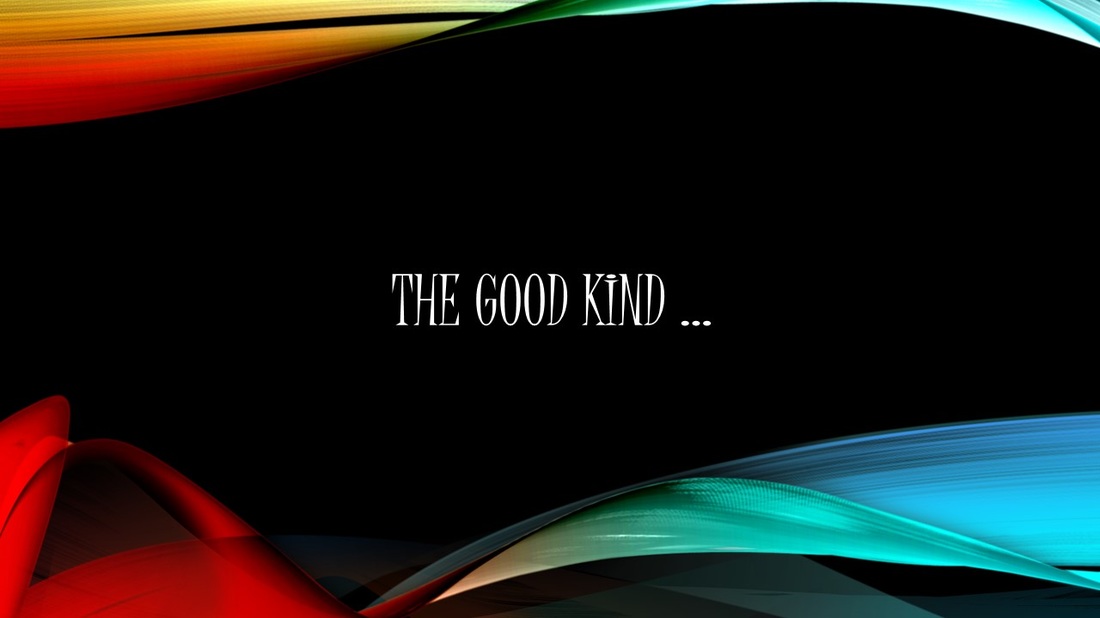
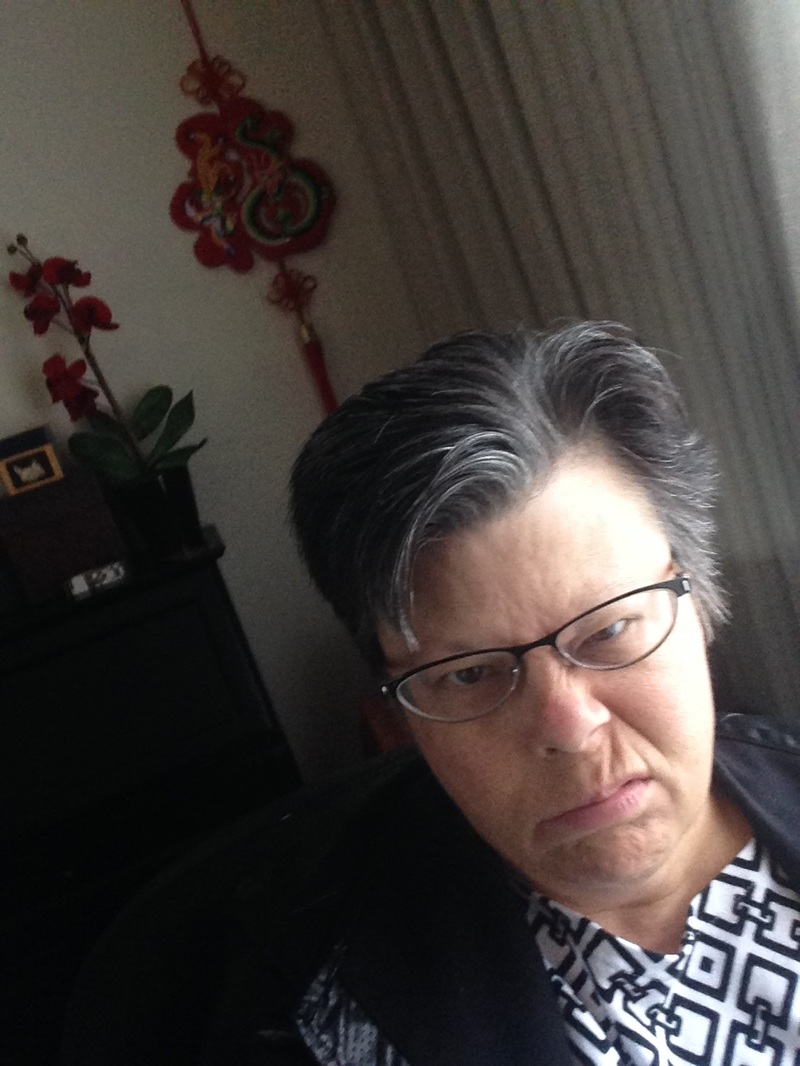


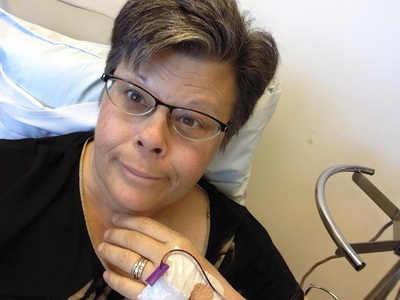
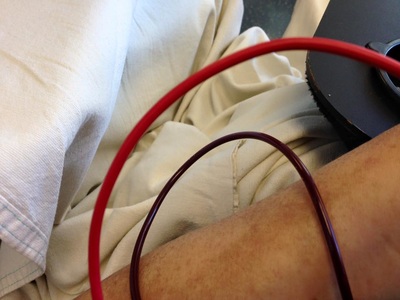
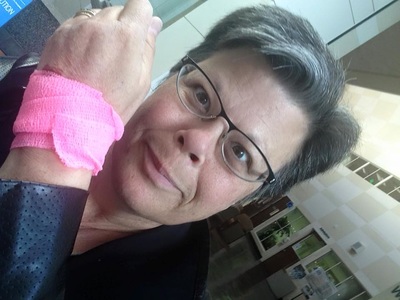
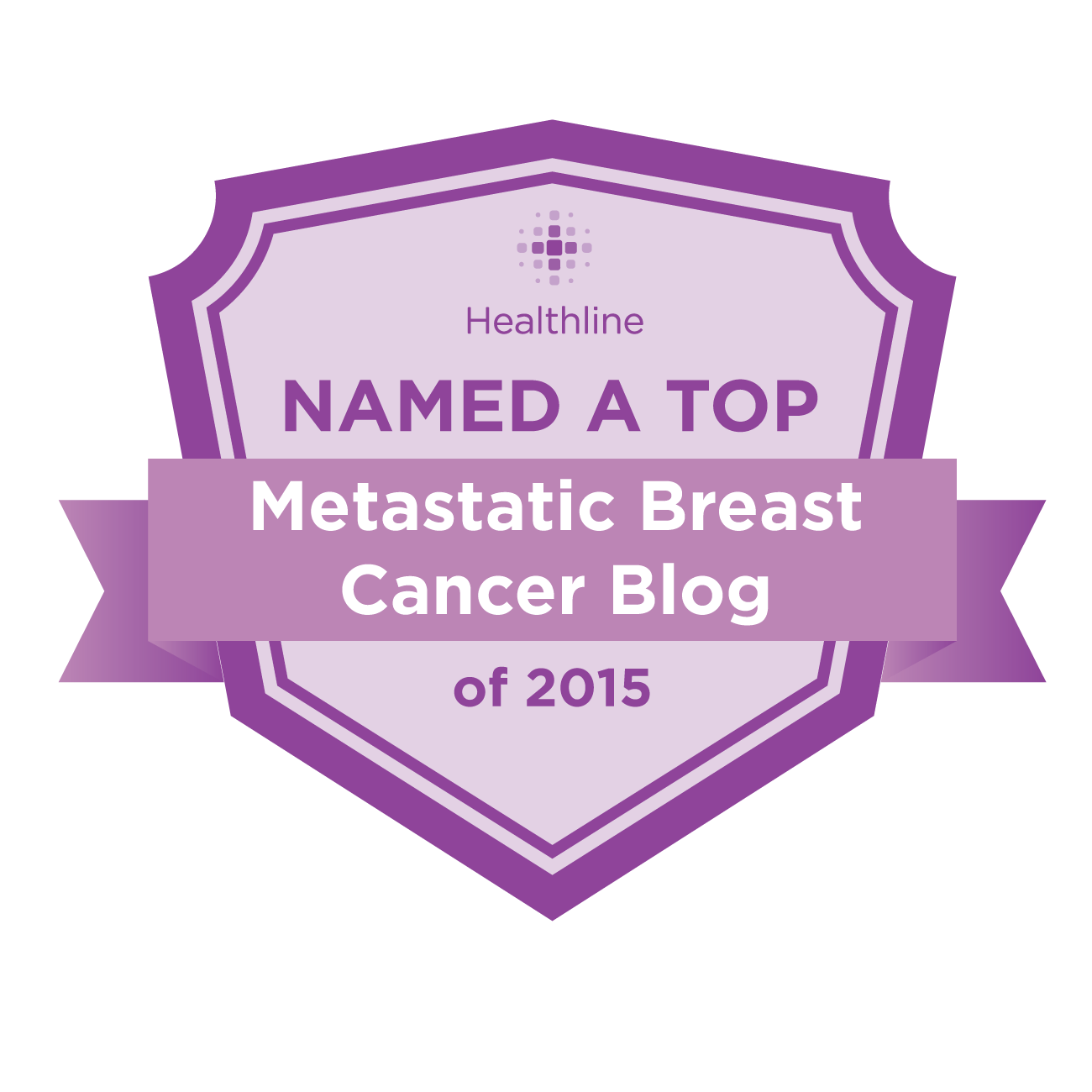
 RSS Feed
RSS Feed
